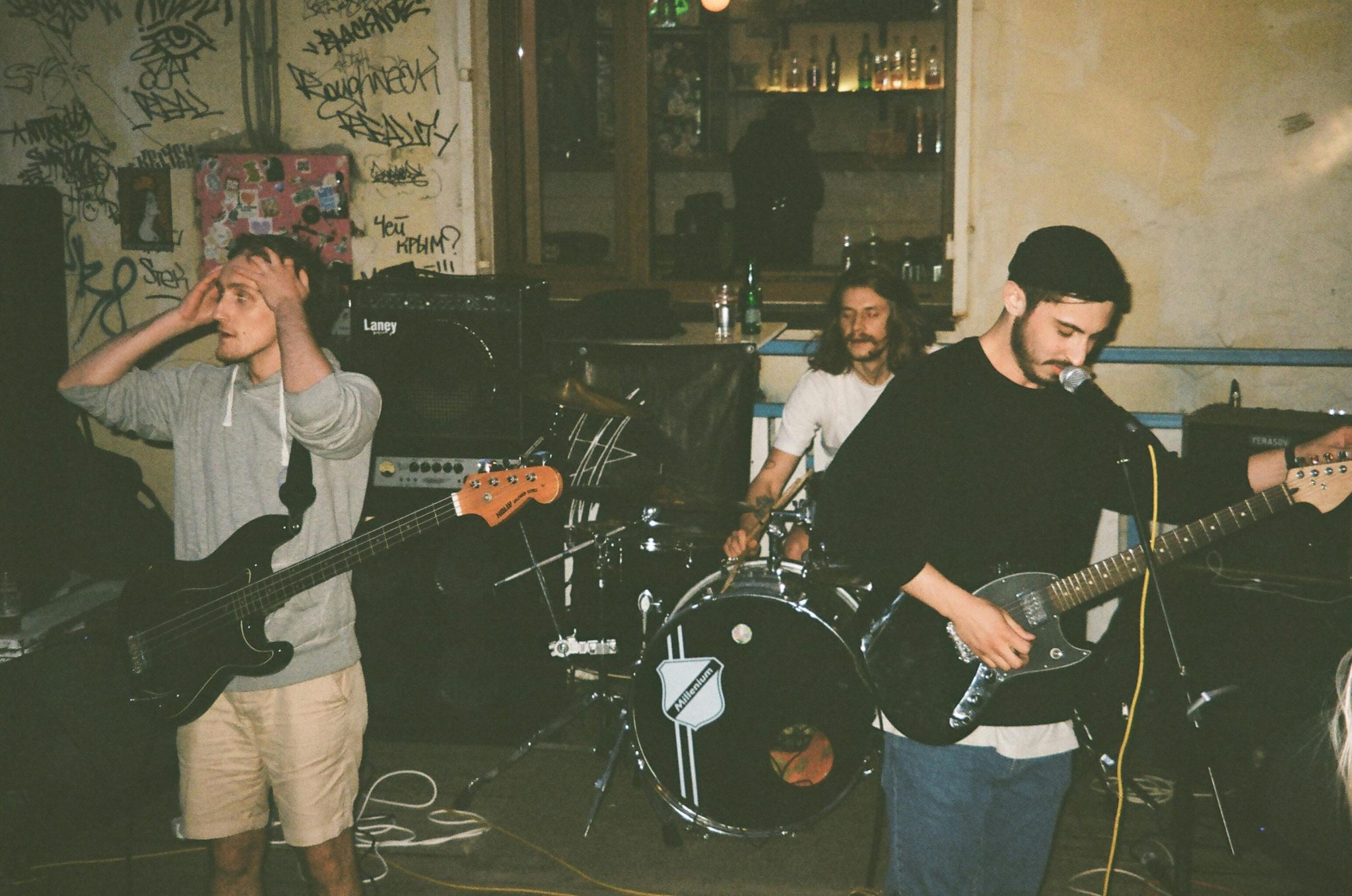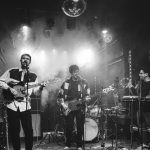It’s 7:45pm and you’re three songs into your set when a waiter drops a tray of shooters in the front row. A birthday group hoots mid-verse. You finish your song. Nobody claps. Welcome to the gig you thought was a show.
In Cape Town’s live music scene – and the industry globally – confusing a “gig” for a “show” (or vice versa) is more than just semantics. It’s one of the core reasons both artists and venues frequently miss the mark. This isn’t a matter of ego or elitism; it’s about clarity, accountability, and respect for the craft.
The spark for this piece came from Americana singer-songwriter Andy Sydow, who – like many gigging musicians – has stood on both sides of the booking email. His analogy, in a conversation with fellow musician Seth Beamer, is sharp: a gig is making balloon animals at a kid’s party; a show is being the magician everyone came to see. But Cape Town’s version of this confusion plays out differently. Our scene is smaller, our venues fewer, and our audience stretched thin across wine bars, TikTok fads, and techno nights.
Let’s be clear: a gig is a job. You’re hired to provide a vibe. The jazz trio in the corner of a Sea Point restaurant? That’s a gig. The soloist covering Coldplay at a Constantia wine estate while couples clink glasses? Gig. And that’s not a bad thing. Gigs keep lights on and instruments tuned. They teach stamina, humility, and craft. But they’re also transactional. You’re background ambience, not the attraction.
A show, by contrast, is a performance with intention. It’s ticketed. Promoted. Someone – maybe 15 people, maybe 500 – left their house specifically to see you. They bought tickets, reposted your flyer, sang your lyrics in the Uber there. That demands a different kind of presence, from both artist and venue. The audience is the point, not a bonus.
Yet here’s the tension: too often in Cape Town, artists walk into a gig expecting a show – and venues book shows but treat them like gigs. The result? Disappointment, mismatched expectations, and a weakening of trust in the ecosystem.
Take a recent Friday night at a popular CBD spot. The venue billed it as a “live music showcase,” plastered the artist’s name on posters, and charged R100 at the door. But on arrival, the space was set up for dinner, not a show. The mic was clipped to a karaoke stand. Soundcheck didn’t happen. Patrons shouted over the music while waiters hustled plates of tapas. It wasn’t a show. It was a gig wearing a show’s jacket. And the artist? They left deflated, underpaid, and unclear whether to ever return.
On the flip side, some artists are just as guilty. We’ve seen acts request “flat rates” or “set fees” – no poster, no mailing list, no promo. Their social media is locked. Their fans didn’t know the date. They show up, play half a dozen songs to an empty room, and blame the venue. But you weren’t booked for a gig; you were given a platform – and you didn’t build anything on it.
This is why the distinction matters: responsibility shifts. At a gig, the venue brings the audience; the artist brings the music. At a show, the artist brings both. If you’re not drawing a crowd, you’re not booking a show – you’re asking to be hired for a gig.
And look, the lines blur. A Thursday night residency at a local intimate venue? Could be a gig. Could be a show – depends on who shows up and why. It could even start as a gig and turn into a show over time. A festival set? It’s a show, but with shared stakes. A Sofar Sounds slot? It’s a hybrid: your artistry matters, but the crowd isn’t there just for you. Nuance exists. But accountability still applies.
For venues: be honest about what you’re booking. Don’t slap “live concert” on a pizza night unless you’re willing to turn down the house lights, amplify the artist, and make the music the point. Soundcheck matters. So does signage. So does having someone introduce the act. Otherwise, you’re not hosting a show – you’re hiring decor.
For artists: don’t expect show-level pay for gig-level effort. Build your mailing list. Promote the date. Craft a set that speaks to your audience, not just your instrument. If the venue has given you the spotlight, earn it. And if you’re booked for a gig, don’t sulk when the crowd doesn’t cheer – they weren’t there for you. You’re paid to be professional, not adored.
The local scene deserves better than crossed wires and missed chances. We all benefit when gigs are respected and shows are elevated. But that starts with knowing which one you’re doing – and showing up accordingly.
Are you here to play background music, or to be the main event?
Either is valid. But they’re not the same.



